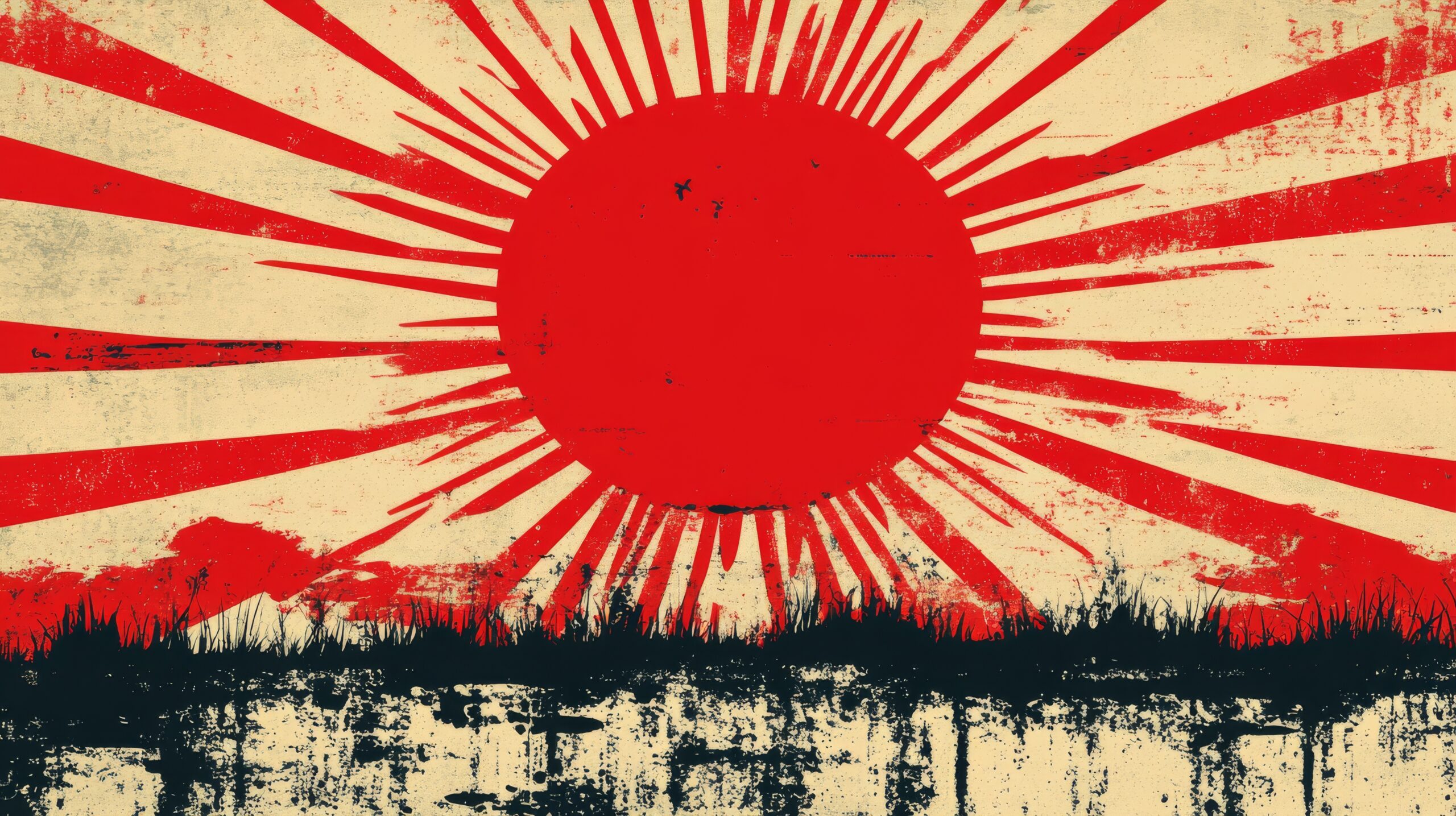
The Battle of Tsushima (1905) was a pivotal naval engagement between Japan and Russia that significantly altered the course of global history, according to The National Interest. Japan’s annihilation of Russia’s Baltic Fleet granted it uncontested command of the seas in the region, ending European naval dominance in Asia and establishing Japan as a significant imperial power. Tsushima became deeply embedded in Japanese maritime doctrine, shaping strategies that culminated in the 1941 attack on Pearl Harbor. Beyond its military impact, the battle symbolized the first major Asian victory over a European empire in centuries, inspiring anti-colonial movements and leaders across Asia and the wider world. They write:
All battles change history. A scant few have world-historical impact. The Battle of Tsushima (1905) falls into the latter category. This encounter in the waters separating Japan from Korea pitted the Imperial Japanese Navy’s (IJN) Combined Fleet against the Russian Second Pacific Squadron, a.k.a. its Baltic Fleet. Tsushima delivered “command of the sea” to the victor, cementing Imperial Japan as Asia’s predominant indigenous power while sweeping Russian sea power from the Far East for generations to come. The battle also etched itself on IJN culture as the way to combat a stronger yet faraway foe. And, not least, Tsushima began reversing centuries of European imperial dominance of Asia.
This was a tectonic clash in both military and cultural terms. […]
Command of the sea, of course, is a phrase most commonly associated with nautical sage Alfred Thayer Mahan. Mahan defined command as “overbearing power on the sea which drives the enemy’s flag from it, or allows it to appear only as a fugitive; and which, by controlling the great common, closes the highways by which commerce moves to and from the enemy’s shores.” He concludes that “this overbearing power can only be exercised by great navies.” […]
The Battle of Tsushima reverberated well after the clangor of arms had fallen silent in May 1905, and well beyond maritime East Asia. In his sprightly and insightful treatise From the Ruins of Empire, scholar Pankaj Mishra maintains that the bloodletting “seems to have struck the opening chords of the recessional of the West.” How so? Think about it. The Russo-Japanese War marked the first time in over four centuries that an Asian power had vanquished a European empire. […]
For reasons that historians debate to this day, the Ming Dynasty turned inward after Zheng He’s rousing voyages, ordered the treasure fleet broken up, and forbade further sea voyages. By historical happenstance, at almost the same time China evacuated the seas—India having done the same a century before—Portuguese adventurer Vasco da Gama anchored along the subcontinent’s coast. In so doing da Gama ushered in the age of European primacy in Asia. Asians won no victories of consequence for centuries until the Russo-Japanese War—with Tsushima marking the climax—showed it could be done. All of a sudden, Asians could defeat Westerners. […]
Read more here.







